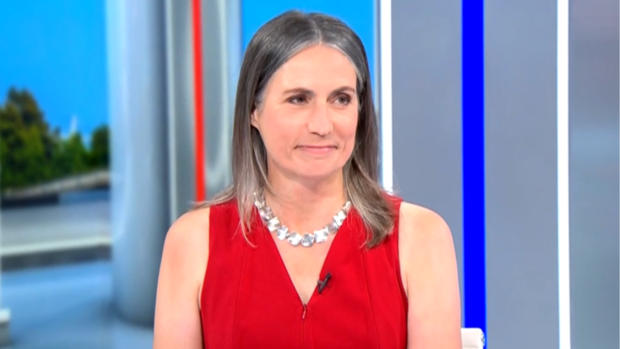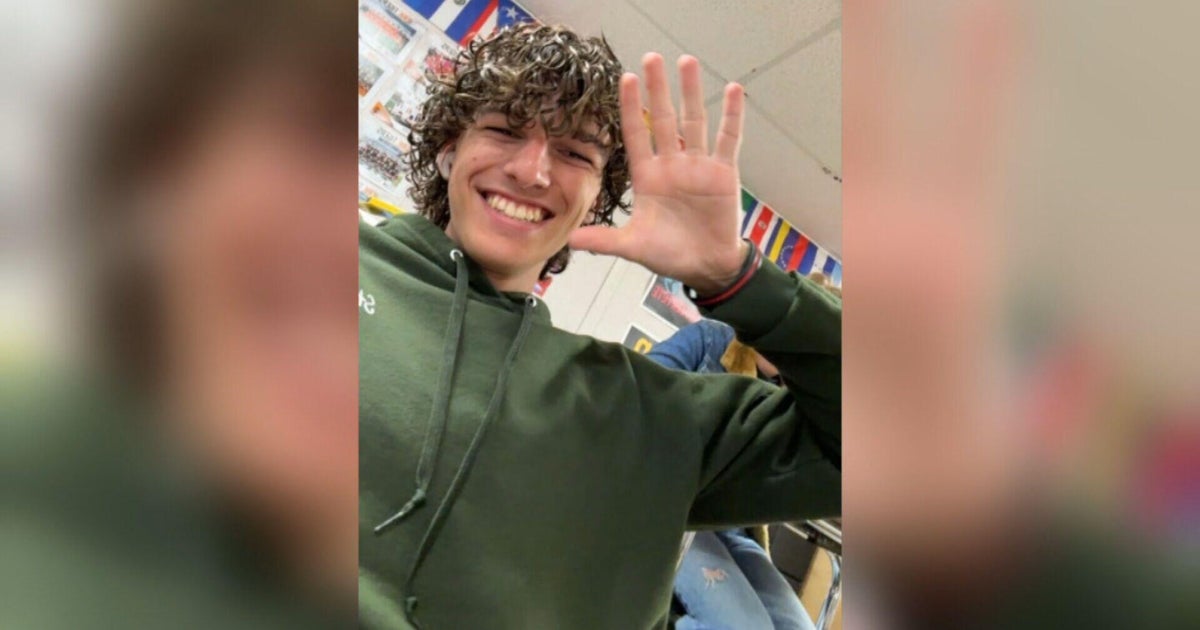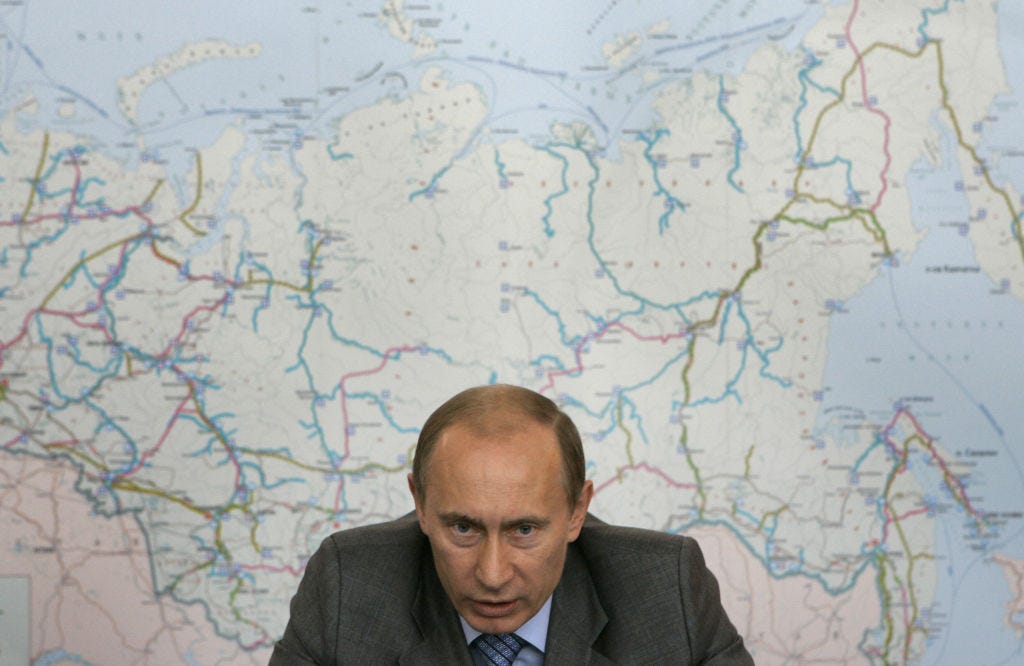Prigozhin's death in a plane crash is "par for the course," Russia expert Fiona Hill says
Former White House Russia expert Fiona Hill said Sunday that the plane crash that appeared to have killed Wagner Group leader Yevgeny Prigozhin was "so dramatic" that "one has to ask whether this was done for the demonstrative effect of it."
"We have had some mysterious plane crashes in the past taking down Russian leaders," said Hill on "Face the Nation." "There was a very famous general, Alexander Lebed, for example, who died in a helicopter crash, so it's not something that is unheard of. In- in other settings as well, of course, we've had Pakistan, Bangladesh, China, where there have been the loss of key people in plane crashes, so I think this is par for the course, unfortunately."
Russia's Investigative Committee on Sunday said it confirmed that the remains of mercenary leader Yevgeny Prigozhin were positively identified, along with the nine others who were aboard died in a plane that crashed on Wednesday in Russia's Tver region. The private jet crashed northwest of Moscow, and Prigozhin and other high-ranking members of the Wagner Group were listed on its passenger manifest.
Hill, who served as the senior director for European and Russian affairs on the National Security Council during the Trump administration, noted that last month, Prigozhin's forces had shot down Russian military aircraft during his march to Moscow.
"This is also a part of that idea of he who lives by the sword dies by the sword, an eye for eye. The vengeance factor, it's baked into the system," Hill said.
"There was a lot of clamor from the uniformed military and especially the air force for some kind of retribution for this, whether it was in a legal form. But look, he took down a proportional number of people in the Russian military aircraft as you said here, so again, there is a symmetry and a symbolism all of it- in all of this, that is inescapable in the Russian domestic context, as well as for rest of us watching it from the outside."
When asked if Prigozhin's death will have big implications for the war in Ukraine, Hill said no.
"I don't think it will actually mean anything significant for the war in Ukraine in terms of the military campaign itself," she said.
"What we can see from all of this is that Wagner was pretty crucial for these early stages, this first couple of parts of the campaign in Ukraine," Hill continued, "and now the Russian government and Putin wants to have more centralized control."
The plane carrying Prigozhin was traveling from Moscow to St. Petersburg when it fell out of the sky. A U.S. official told CBS News that the United States is confident the plane was brought down by an explosion.
Last month, CIA director William Burns remarked that Putin is "the ultimate apostle of payback" and said he would be "surprised" if Prigozhin escaped further retribution. Secretary of State Antony Blinken echoed his comments, saying "If I were Mr. Prigozhin, I would remain very concerned."
Kremlin spokesman Dmitry Peskov told reporters during a briefing on Friday, "There is a lot of speculation around the plane crash and the tragic death of the passengers, including Yevgeny Prigozhin . . . Of course, in the West, this speculation is being presented from a certain angle. All of this is an absolute lie," Peskov said.
When asked if anyone in the diplomatic community believes that Russian President Vladimir Putin is not behind Prigozhin's death, Hill said, "I doubt it."
"I think over the last two months there's been more shock, not just internationally but also domestically, based on source reporting that the fact that nothing had happened to Prigozhin, and that he was allowed to walk around as if he hadn't indeed perpetrated a putsch exactly two months ago," said Hill.
The plane crash occurred two months after Prigozhin led a rebellion against Russian commanders in June. Members of the paramilitary Wagner Group claimed control over a Russian military post in the city of Rostov-on-Don, then marched toward Moscow. Before Wagner reached the Russian capital, Belarus state media announced an agreement between Belarusian President Aleksander Lukashenko and Wagner forces to stop the advance. Prigozhin then announced that his forces were "turning around."






